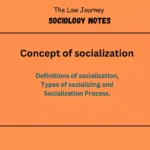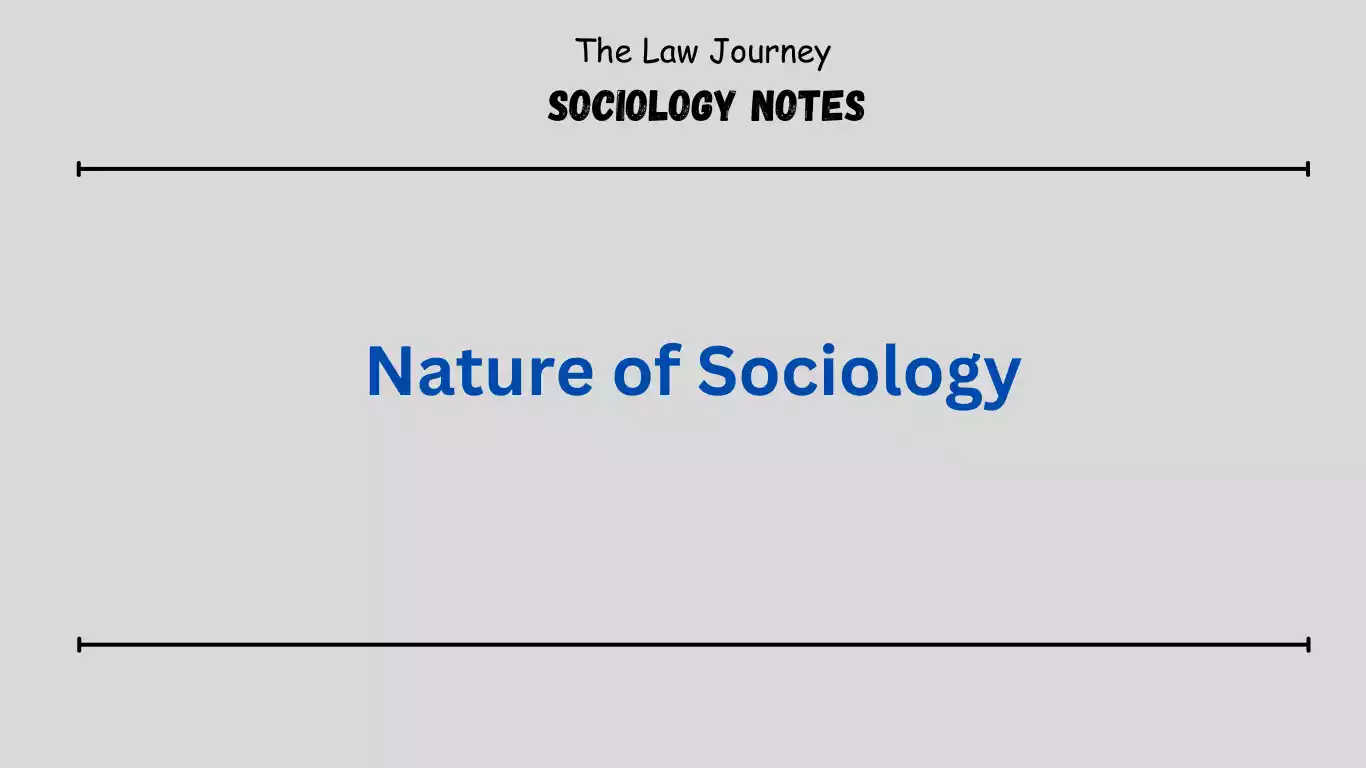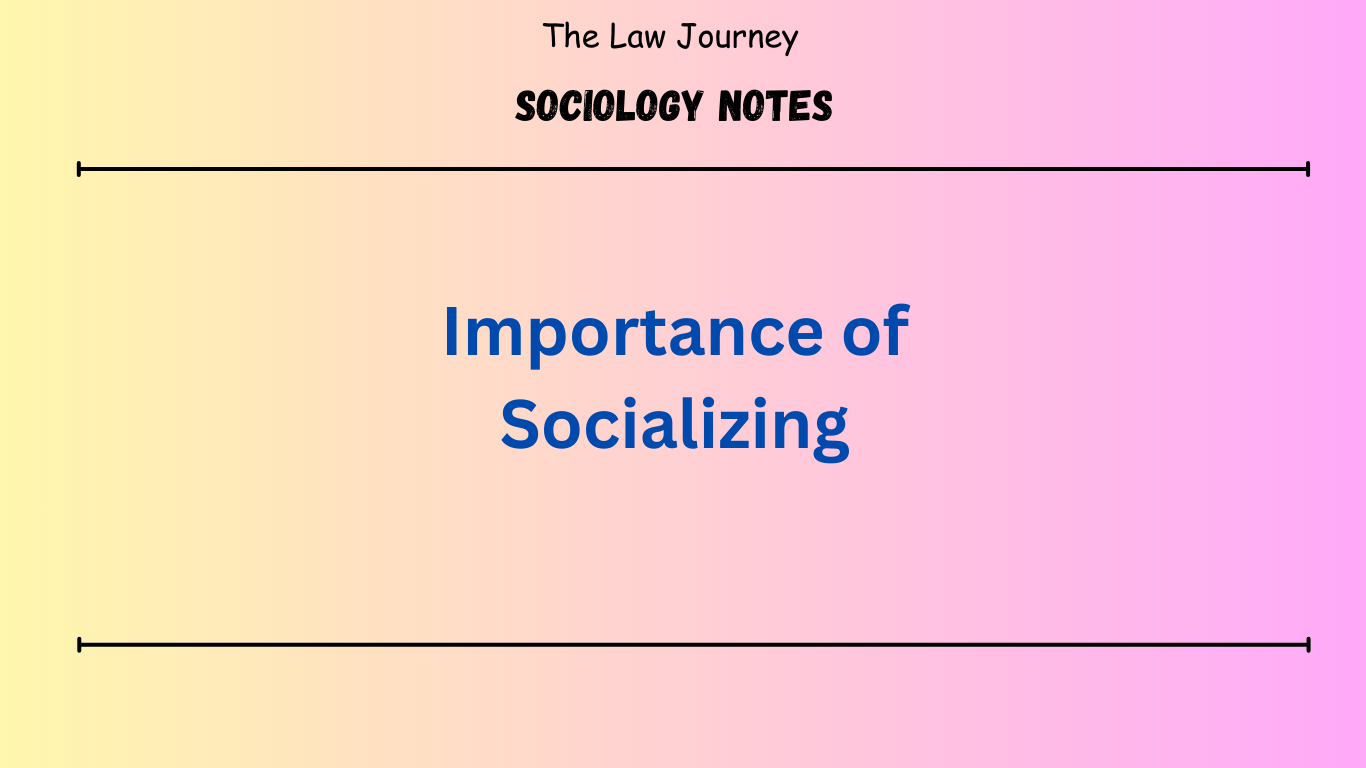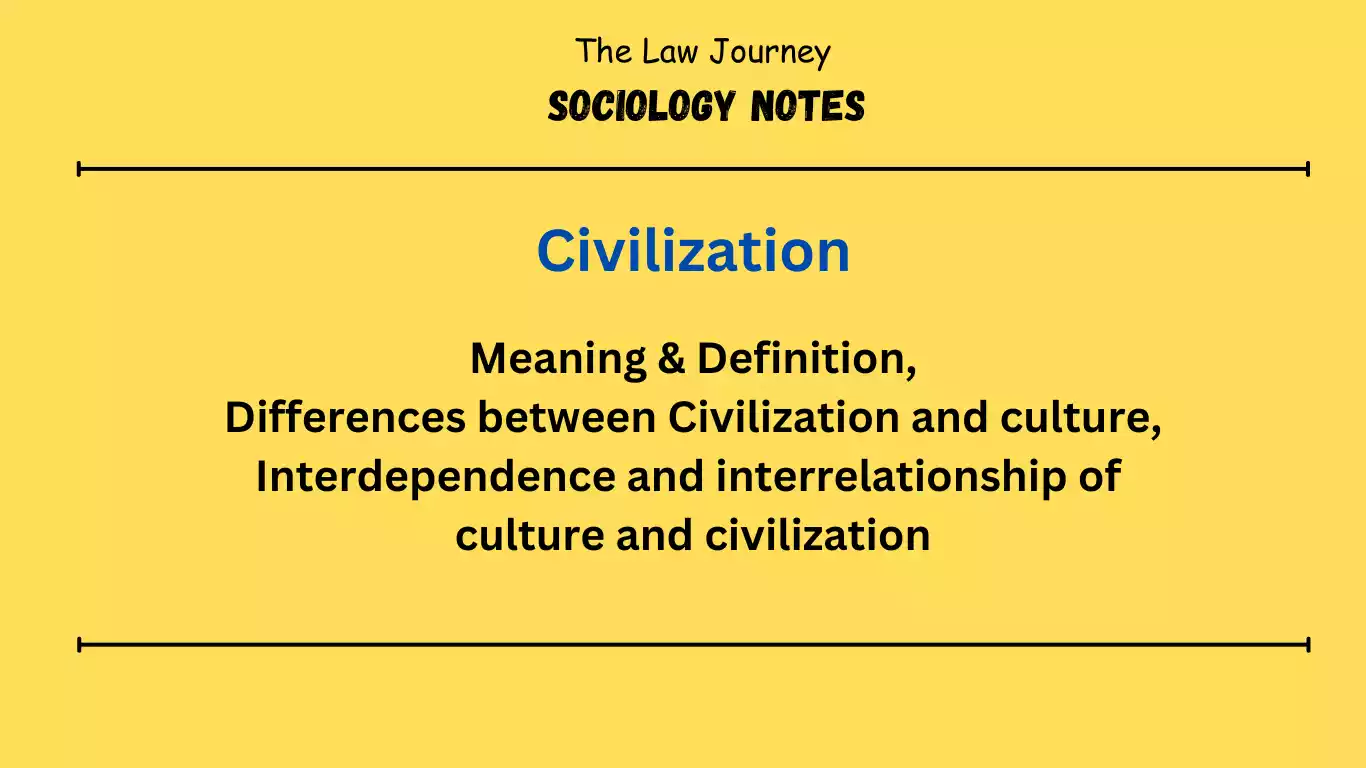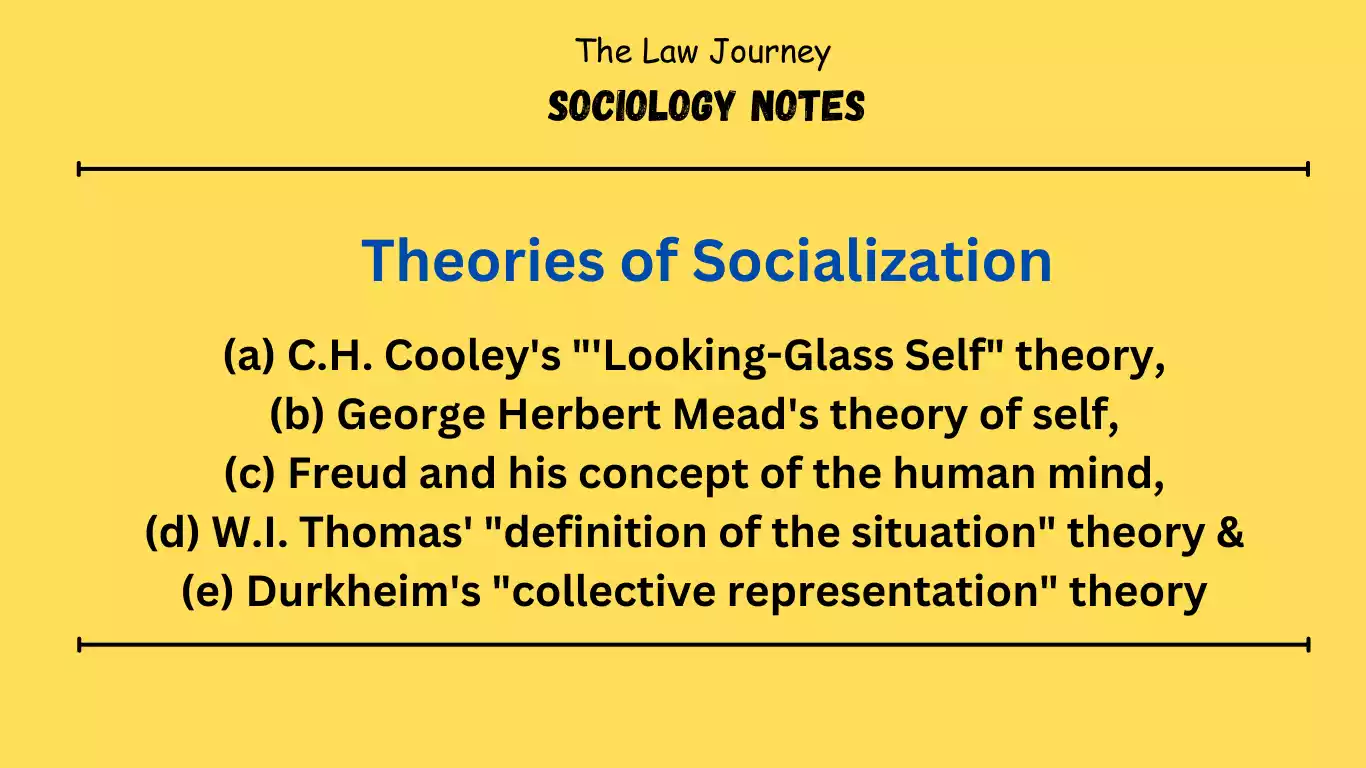Nature of Sociology – Sociology as a field of knowledge has its own characteristics. It differs from other sciences in many ways. Analyzing their internal logical features helps us understand what kind of science we are talking about. The following are the main features of sociology outlined by Robert Bierstedt in his book Social Order. sociology is an independent science
Sociology is now developing as an independent science. It is treated as a separate branch of science, such as philosophy, political philosophy, or history, and is not studied. As an independent science, it has its own fields of study, its own limitations, its own methods.
In the following way we can easily understood the Nature of Sociology ;
1. Sociology is a relatively abstract science, not a concrete science
This does not mean that sociology is an art rather than a science. That doesn’t mean it’s unnecessarily complicated or too difficult. It simply means that sociology is not interested in the concrete manifestations of human events. It is more concerned with the shape of human events and their patterns.
For example; rather than dealing with individual wars and revolutions, sociology deals with wars and revolutions in general as social phenomena, as a type of social conflict. Likewise, sociology is not limited to the study of particular societies or social organizations, marriages, religions, groups, etc. In this simple sense, sociology is an abstract science, not a concrete one.
2. Sociology is a categorical discipline, not a prescriptive one.
Sociology is “restricted to describing the status quo, rather than what should or should not be.” “as a sociology is a science, it is necessarily silent on questions of value. No value judgments are made. His approach is neither moral nor immoral, it is immoral. It is ethically neutral. We cannot decide in which direction sociology should go.
There are no recommendations on social policy, legal or programmatic issues. But this does not mean that sociological knowledge is useless and useless. It simply means that sociology as a discipline cannot deal with questions of good and evil, right and wrong, morality and immorality.
3. Sociology is a pure science, not an applied science
A distinction is often made between pure and applied science. The main purpose of pure science is the acquisition of knowledge, and it does not matter whether the acquired knowledge is useful or can be used. The goal of applied science, on the other hand, is to put the acquired knowledge into practice and use it. Every pure science has its own fields of application.
For example, physics is a pure science and engineering is its applied field. Similarly, pure sciences such as economics, political science, and history have applied fields such as economics, political science, and journalism. Sociology as a pure science has applied fields such as public administration, diplomacy, and social work. Any pure science has multiple fields of application.
4.Sociology is a social science, not a physical science.
Sociology belongs to the lineage of the social sciences and not to the lineage of the physical sciences. As a social science, it focuses on humans, their social behavior, social activities, and social life. As a member of the social sciences, it is closely related to other social sciences such as history, political science, economics, psychology, and anthropology. The fact that sociology deals with the social universe distinguishes it from astronomy, physics, chemistry, geology, mathematics, and other natural sciences.
5. Sociology is a pure science.
This is because the immediate goal of sociology is to acquire knowledge about human societies, not to use that knowledge. Sociologists never decide public policy issues, nor do they recommend to legislators which laws should be passed or repealed. However, the knowledge gained from sociologists is very useful for administrators, legislators, diplomats, teachers, foremen, supervisors, social workers, and citizens. But sociologists themselves do not apply their knowledge to life and practice within the bounds of their duties and professions.
Five.
6. Sociology is a general science, not a specific social science.
Sociology is a general, non-specialized field of study. It is about human interaction and human life in general. Other social sciences such as political science, history, and economics are also concerned with human-human interactions, but not just human interactions. They focus and specialize their attention on specific aspects of human interaction and activity.
Therefore, economics specializes in the study of economic activity, while political science specializes in the study of political activity. Of course, sociology does not study economics, religion, politics, law, morality, or any other particular phenomenon related to human life and behavior itself. Only surveys general human activity. But this does not mean that sociology is a fundamental social science, nor does it mean that sociology is a social science in general.
7. Sociology is a generalizing science, not a specializing or personalizing science
Sociology seeks to discover the general laws and principles of human interaction and bonding, the nature, form, content and structure of human groups and societies. We do not investigate every event that occurs in society. It is also impossible. I will try to generalize based on the study of some selected events. For example, sociologists generalize about the nature of secondary groups.
He might conclude that secondary groups are relatively large, less stable, not necessarily local, more specific, and so on. This is done not by looking at all secondary groups, but by observing and studying some groups. Anthropology and social psychology often refer to themselves as general social sciences.
8. After all, sociology is both a rational and an empirical science.
There are two broad ways of approach to scientific knowledge. One, known as empiricism, is the approach that emphasizes experience and the facts that result from observation and experimentation. The other, known as rationalism, stresses reason and the theories that result from logical inference.The empiricist collects facts; the rationalist co-ordinates and arranges them. Theories and facts are required in the construction of knowledge.
In sociological inquiry both are significant. A theory unsubstantiated by hard, solid facts is nothing more than an opinion. Facts, by themselves, in their isolated character, are meaningless and useless. As Immanuel Kant said, “theories without facts are empty and facts without theories are blind”.
All modern sciences, therefore, avail themselves of both empirical and rational resources. Sociology is not an exception.It is clear from the above that sociology is an independent, a social, a categorical, a pure, an abstract, a generalizing, both a rational and an empirical and a general social science.
Related Post | Nature of Sociology
- Concept of Social Groups in Sociology
- RTI notes
- Political Notes
- law project maker
- Law of Torts notes
- moot court memorial maker
Reference Books | Nature of Sociology
- C.N. Shankar Rao – Principle of sociology with an introduction to social thoughts
- Introduction to Sociology by Anthony Giddens
- A Dictionary of Sociology by John Scott
- Sociological Theory by George Ritzer
- Handbook of Indian Sociology by Veena Das
- Social Change in Modern India by M N Srinivas













